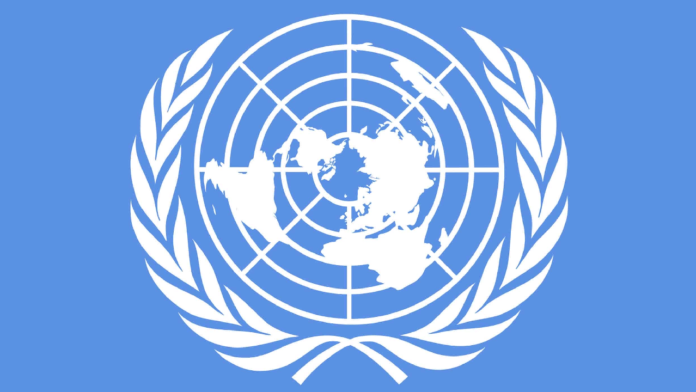Senior UN officials have raised concerns over the impact of reducing or closing peacekeeping and special political missions on the protection of women and girls in conflict zones.
Sima Bahous, Executive Director of UN Women, addressed the Security Council on Wednesday, noting that cuts are being made by some governments despite increasing conflict and insecurity.
“It is counter-intuitive that, in the face of unprecedented levels of conflict and violence, the number of deployed peacekeeping personnel has dropped by almost half—from 121,000 in 2016 to approximately 71,000 in 2024,” Bahous said.
She highlighted the rise in misogyny and violence against women and girls, pointing out that wars are increasingly fought with little regard for their lives, rights, welfare, or autonomy.
Bahous cited Haiti as an example, where, following the departure of the UN peacekeeping mission MINUSTAH, there were calls to protect gender equality gains. However, these gains were threatened as kidnappings, rape, and other violence against women and girls by criminal groups surged.
“Almost 5,000 cases of rape were reported to case managers and service providers in Haiti in 2023, with homicides, kidnappings, and sexual violence rising every year with no sign of slowing down,” she stated.
To address the gaps left by the accelerated drawdown of UN missions, Bahous urged the Security Council to take key steps, including ensuring that transitions protect gender equality and women’s participation through routine decisions and engagements with host governments and organizations.
She also called for regular dialogue with women from civil society to monitor the impact on the ground and advocated for financing women’s peace and security initiatives.
“We fear a future of increasing atrocities against women, their ever-greater marginalization from decision-making, and ultimately a failure of the international community. That prospect should be, and I am confident is, unacceptable for all of us,” Bahous warned.
Martha Pobee, Assistant Secretary-General for Africa at the Department of Peacebuilding Affairs, echoed these concerns, cautioning against rushing transition processes in tense political climates with persistent security threats.
“Unless transitions are well-structured, adequately resourced, and gender-responsive, women and girls will be at risk of setbacks,” Pobee said. She warned of potential losses in access to essential services, exclusion from decision-making, and increased vulnerability to violence.
Pobee also highlighted the situation in Mali, where the UN peacekeeping mission MINUSMA closed in December 2023 at the insistence of transitional military authorities. She noted that the withdrawal had a detrimental impact on peacebuilding programs focused on women and girls, undermining progress made in political participation.
She expressed further concern about recent mission departures from conflict hotspots like Sudan and the Democratic Republic of the Congo (DRC), which have created security vacuums and heightened risks for women and girls.
Pobee emphasized that these developments have diminished the UN’s capacity to support national efforts to address conflict-related sexual violence, including investigations, reporting, and assistance to survivors.
She also pointed to challenges such as limited funding and the difficulties in implementing national action plans related to women, peace, and security.



